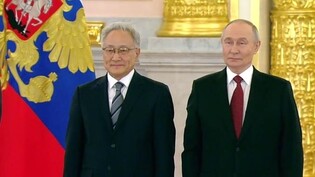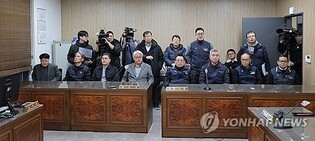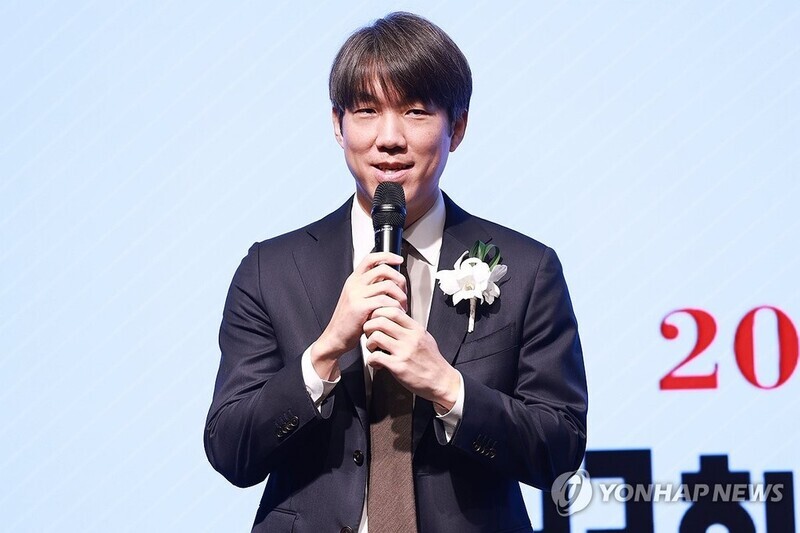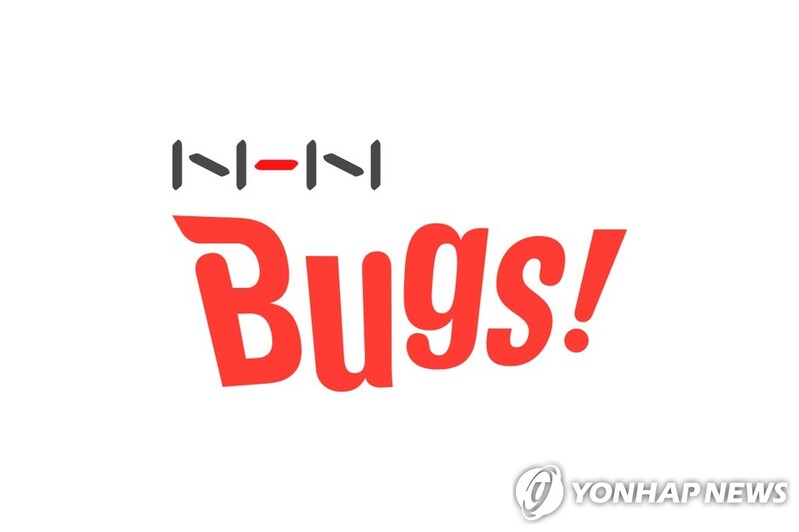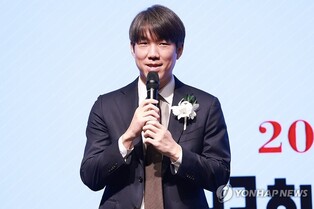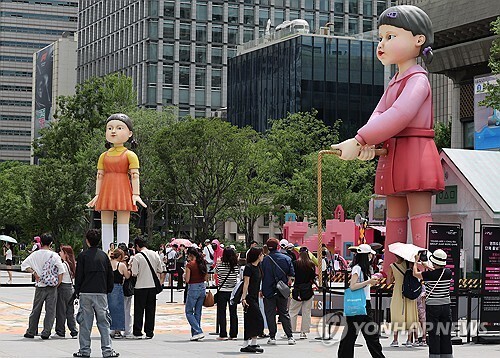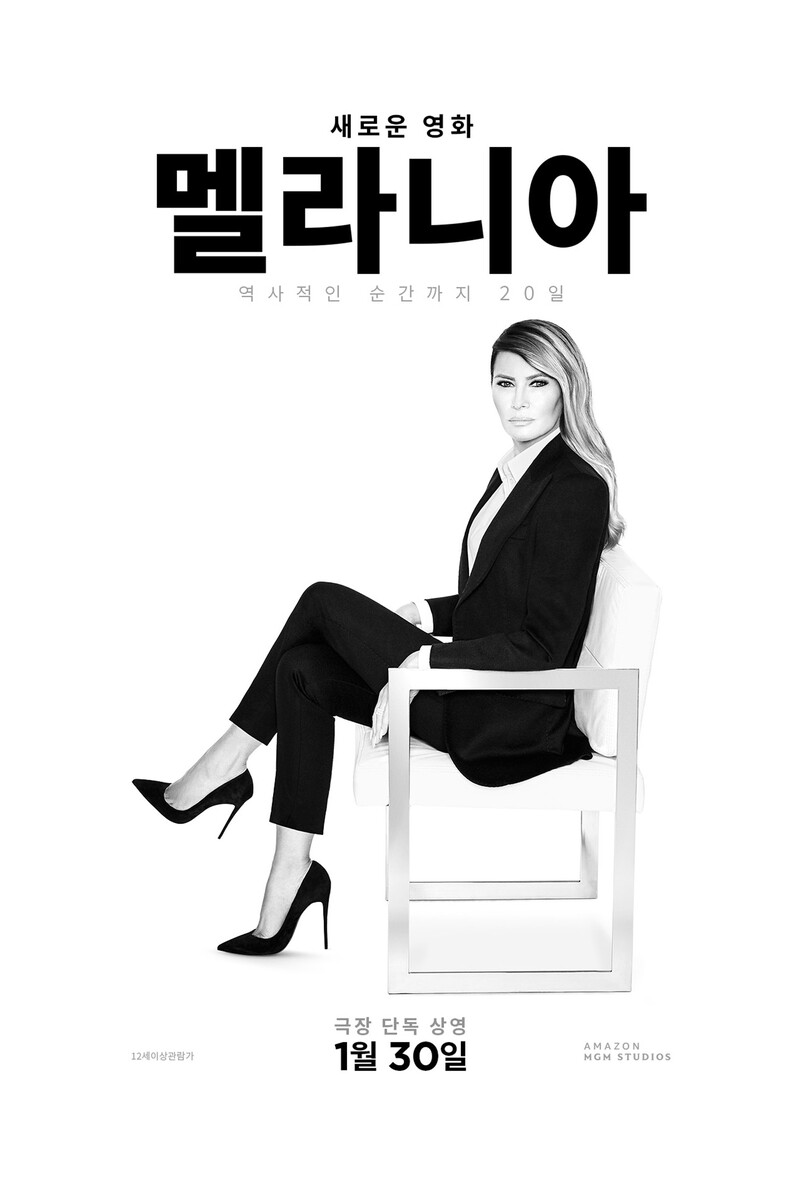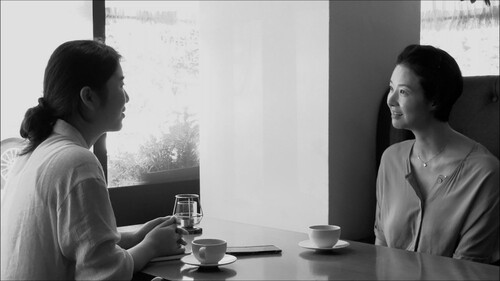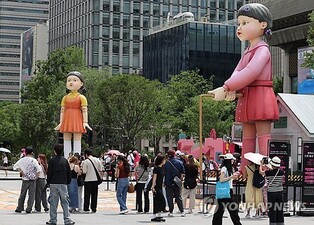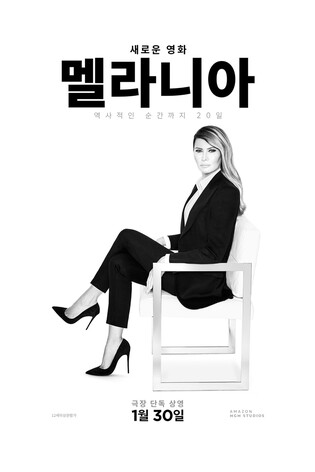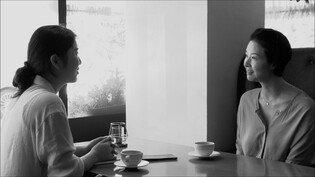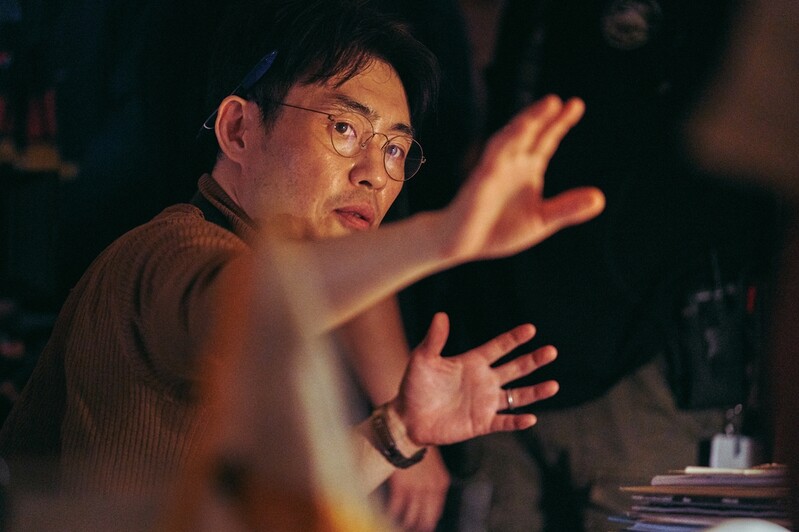 |
| ▲ This photo, provided by the film's distribution company, Lotte Entertainment, shows director Ryoo Seung-wan. (PHOTO NOT FOR SALE) (Yonhap) |
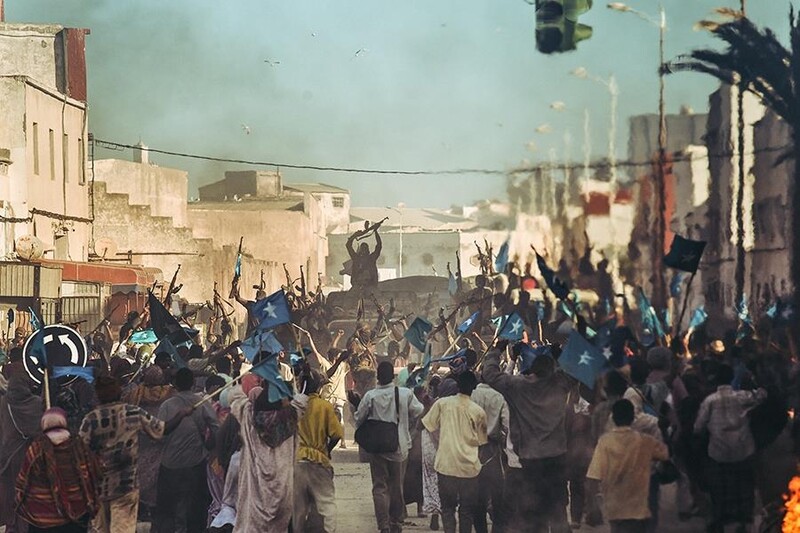 |
| ▲ This photo, provided by the film's distribution company, Lotte Entertainment, shows a scene from "Escape from Mogadishu." (PHOTO NOT FOR SALE) (Yonhap)] |
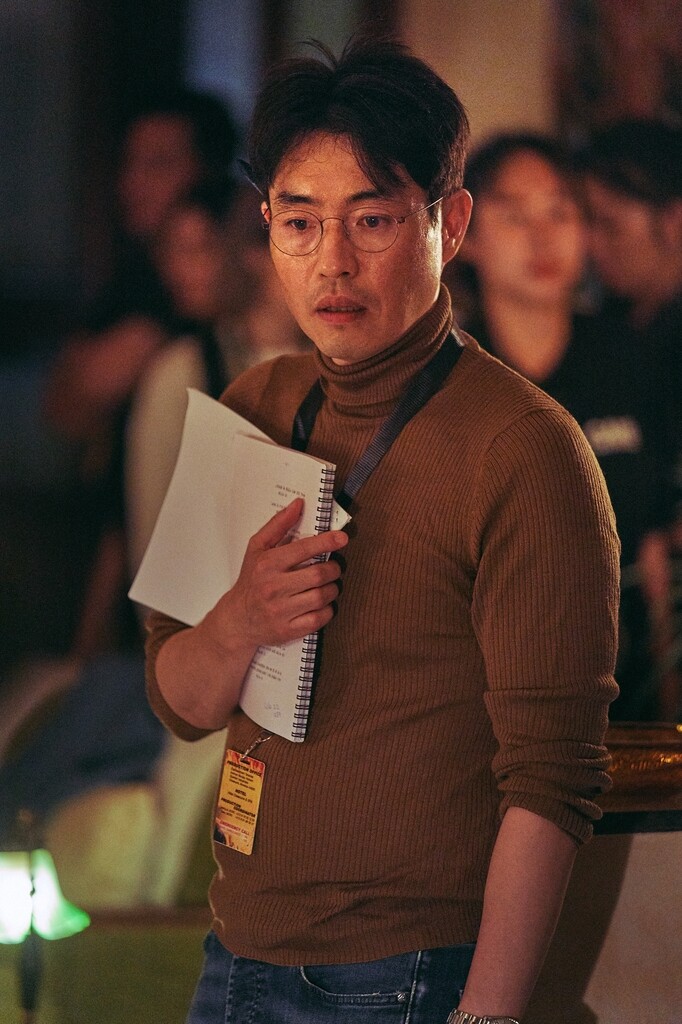 |
| ▲ This photo, provided by the film's distribution company, Lotte Entertainment, shows director Ryoo Seung-wan. (PHOTO NOT FOR SALE) (Yonhap) |
SEOUL, Aug. 10 (Yonhap) -- “I’m not much of a talker, so I’m not sure how to deliver my feelings but I sincerely wish for people to know that I really mean it when I say thank you.”
Ryoo Seung-wan, the director of “Escape from Mogadishu,” filled his interview with words of gratitude.
“It’s like a miracle. I felt like I had to deliver my appreciation to the audiences and those who cheered for the film,” said Ryoo on an online interview Tuesday.
The director is currently in the middle of filming his next work dubbed “Smuggling.”
At the time “Mogadishu” was facing release, the director seemed to have been worried with the 4th wave of the COVID-19 infection resulting into the highest level of social distancing and the unexpected massive global interest on Team Korea during the 2020 Tokyo Olympics.
However, the film showed an unprecedented success, attracting more watchers on the second week Monday than during the first week since release and more on Sunday than on Saturday. “Mogadishu” exceeded a million audiences on its 7th day since release and ranked this year’s No.1 hit movie with accumulative over 1.78 million watchers until now.
“Now is a harder time for the theaters than the early and mid-1990s when Korean movies were not as influential as they are now due to the pandemic situation and the Olympics. I really appreciate all the attention and cheers for the film,” said Ryoo.
“Releasing a film during this time requires bravery but also visiting the theaters is a bold action too. As a film producer, moviegoers are a big help,” emphasized the director.
The blockbuster is based on a true story of the South and North Korean officials’ desperate escape from Morocco during the Somali civil war in 1991.
“I didn’t know about the Somali civil war as there were other big issues during that time in the Middle Asia like the Gulf War. But I became very interested in the civil war after getting know the event.”
“When I realized the copyright was on Dexter Studios, so I was going to give up but luckily the studio offered a chance for production,” said the director,” said Ryoo.
“The incident was so dramatic that subtracting was more important than adding. According to the Somali local tv official’s documents, the rebels stacked corpses to build up a barricade and the North Korean Embassy was attacked 8 times.”
“These were all more than I imagined. There are people who witnessed and experienced the incidents but some of them were so unbelievable. After wondering about how to deliver the facts believable and convincingly, I had to subtract some events. I only added a bulletproof equipment using books and sandbags,” explained the director.
He said that the filming location (Morocco), the camera lenses, lights and the props were all designed to restore the civil war’s scene as much as possible and to make the filming set more realistic.
Referring to the visual materials dealing with the civil war such as film “Black Hawk Down” which was produced in Morocco, the director strived to make the film look close to the real event as much as possible. He also interviewed the students studying in Somali.
“We felt so proud when an employee from the Somalia Embassy told us that our filming location was the best spot and when a foreign staff who actually was in Somali during the civil war commented that the set looked very similar to what he had seen.”
But the director was most careful not to make the backgrounds stand out more than the characters.
"When we put too much effort to the backgrounds, the characters may not stand out enough. Whether the filming location is Berlin or Morocco or Chuncheon, the most important thing is to make the set seem like a real place where people actually live."
The director once again dealt with the relationship between the North and the South after his production "The Berlin File" (2013). "Mogadishu" shows the directors strength for action scenes but what lingers in the watchers' hearts is the depiction of humanity without overdoing it.
"I learned that the more the main event is dramatic, the more I should try to keep the appropriate distance. Looking back on the kinds of movies that I like and concentrating on what I wanted to see from a film, I think I am grasping the right distance."
"If there is an effect the relationship between the two countries can have no movies, it will be related to the movie's popularity. But that is not something we can control or interfere with, so that is not the biggest consideration when producing a film."
"I think what is more important is to be able to bring a change to the watcher's mind. That is because as a film producer as well as a citizen, I also wish to be free of all threats of wars and to go on a trip to Europe by foot not by plane."
(END)
(C) Yonhap News Agency. All Rights Reserved


















